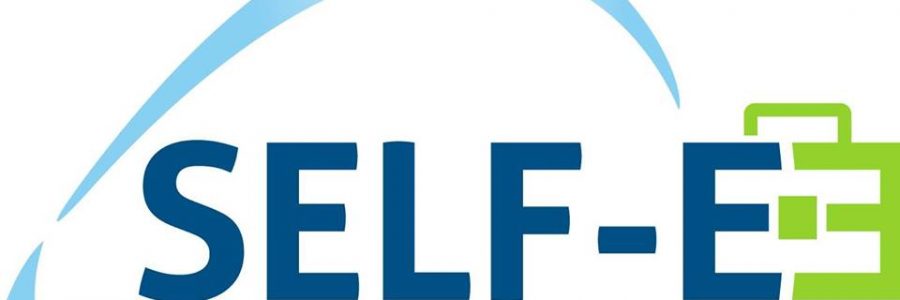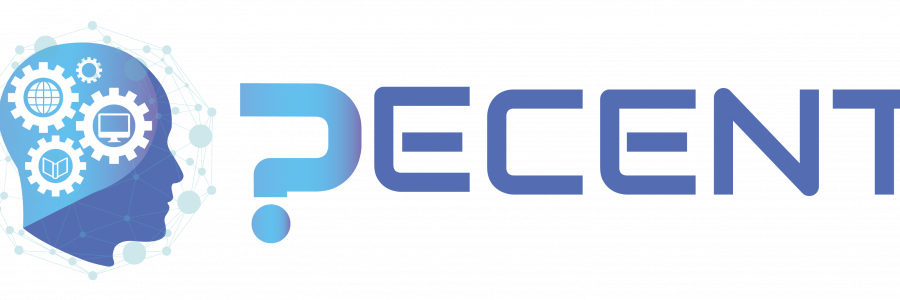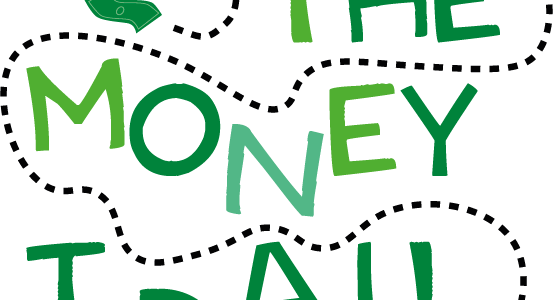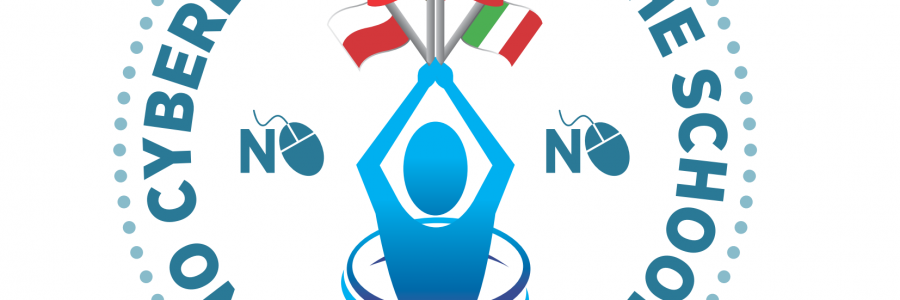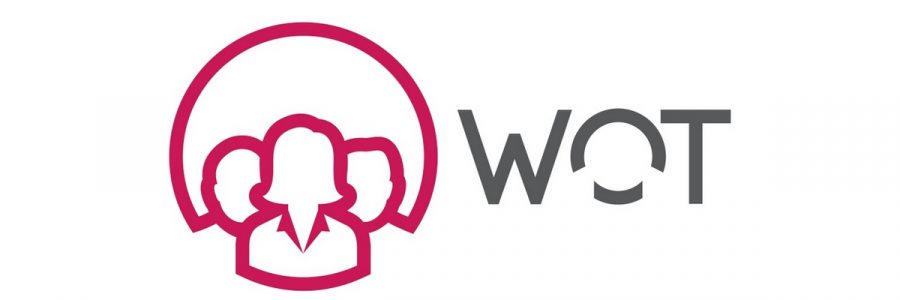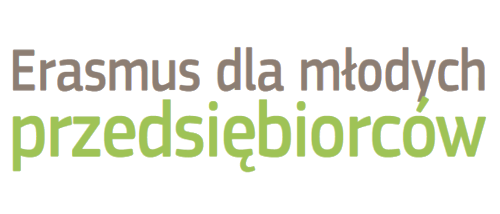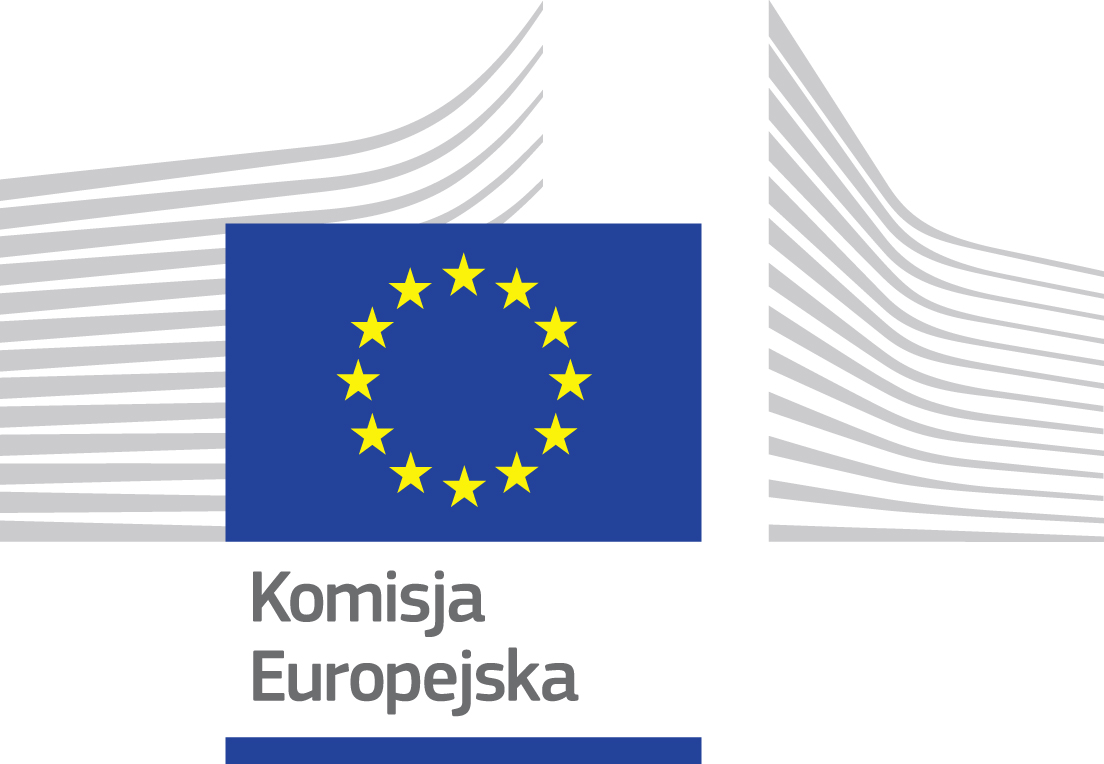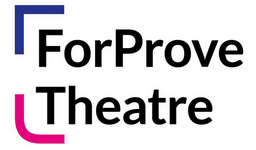Assistance program: ERASMUS+
Project number: 2017-1-LT02-KA205-005536
Project description:
Project concerns promotion quality youth work in Europe in order to foster inclusion and employability for young people with fewer opportunities (including NEETs).
The main aim of the SELF-E project is to promote quality youth work in order to foster lifestyle self-employment of young people with fewer opportunities, including NEETs.
To achieve these aims five following objectives are foreseen in the project:
- Strengthening capacity of youth workers to organise innovative non-formal learning on youth lifestyle self-employment via mentoring.
- To support youth workers in applying new methods for motivating young people with fewer opportunities, including NEETs to learn and become self-employed (with special emphasis on Life-Style Entrepreneurship).
- To foster the transition of young people from youth to adulthood through integration in the labour market by lifestyle self-employment.
- To develop youth competences “Sense of initiative and entrepreneurship”.
- To create opportunities to validate obtained competences “Sense of initiative and entrepreneurship”.
Target groups:
- Youth workers who work with young people with fewer opportunities;
- Young people with fewer opportunities, including NEETs.
Main intellectual outputs:
- Toolkit for youth workers „Social mentoring as innovative training pathway to lifestyle self-employment – SELF-E”;
- Set of practical exercises-OERs Pathway to lifestyle self- employment“;
- Assessment tool for validation of competence “Sense of initiative and entrepreneurship”.
Partners
- Socialiniu Inovaciju Fondas – Kaunas, Lithuania (coordinator)
- Stowarzyszenie „Centrum Wspierania Edukacji i Przedsiębiorczości”– Rzeszów, Poland
- Centre for Advancement of Research and Development in Educational Technology Ltd. (CARDET) – Nikosia, Cyprus
- SDRUDZENIE ZNAM I MOGA – Sofia, Bulgaria
- Kauno neigaliojo jaunimo uzimtumo centras (KNJUC) – Kaunus, Lithuania

